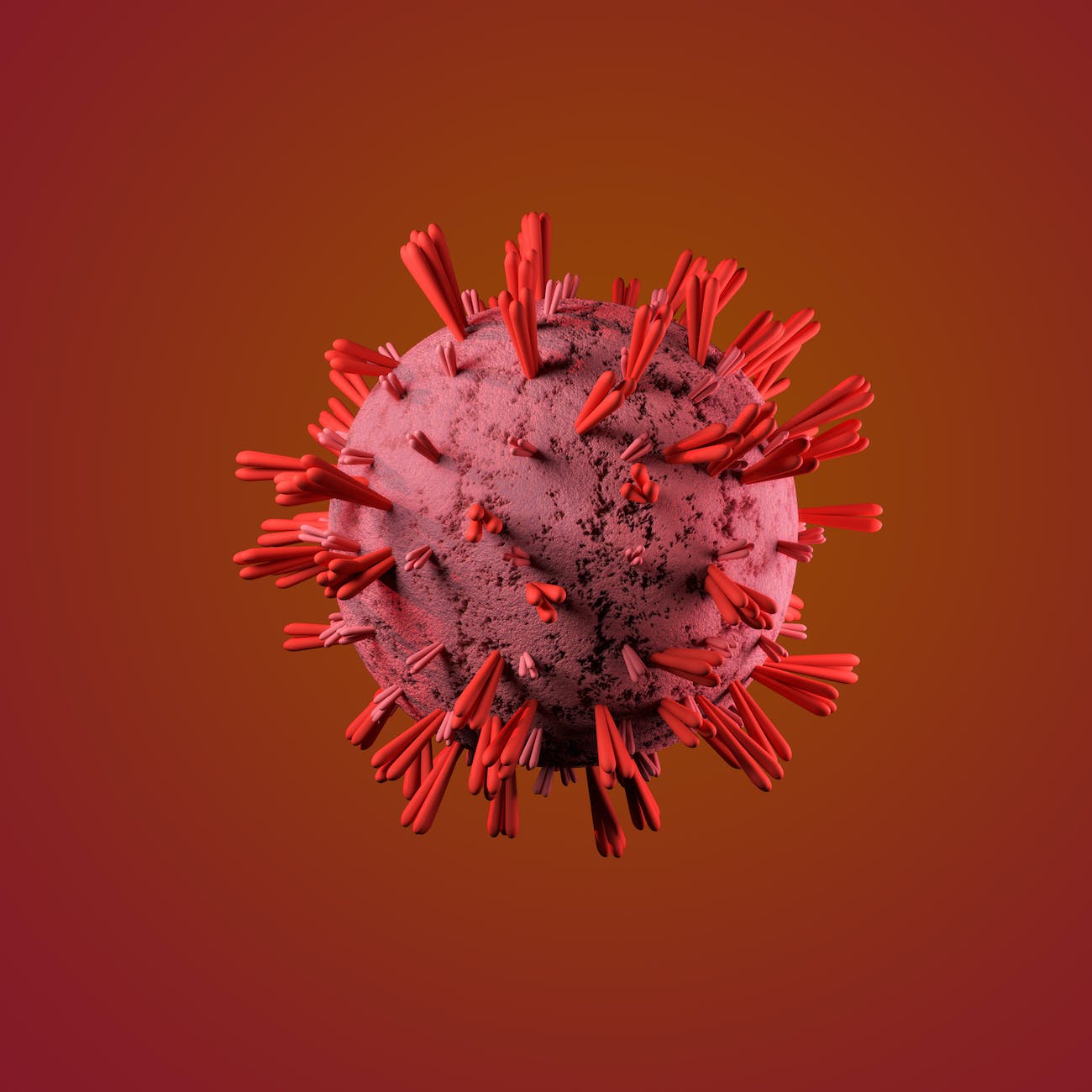
DNA
Have you heard about DNA tests and their potential to reveal critical information about our health? These tests are quickly gaining popularity as people seek to understand their genetic makeup and potential risks. But what exactly can these tests tell you?
One of the most compelling uses of DNA testing is the ability to identify genetic markers for certain diseases. By analyzing your DNA, scientists can help identify your susceptibility to different conditions like diabetes, cancer, and heart disease. Knowing your genetic predispositions can help you take precautionary measures or take action to prevent or manage these conditions if you already have them.
In this article, we’ll explore the fascinating things that a DNA test can reveal about your health.
- Risk For Certain Diseases
DNA tests can provide a wide range of information about your health, including your risk for certain diseases. Some genetic variants can increase your risk of developing conditions such as heart disease, cancer, and Alzheimer’s disease. DNA tests can identify these variants and give you an idea of your risk for these conditions. This information can be useful for individuals who want to take steps to prevent diseases or who want to know if they should be screened more frequently for certain conditions.
While there are a variety of genetic testing technologies, next-generation sequencing (NGS) is one of the most powerful. It allows for the rapid and cost-effective sequencing of large portions of the genome, making it a valuable tool for identifying rare or novel genetic variants.
However, it’s important to note that genetic testing is not a substitute for medical advice or treatment. The information provided by genetic tests should be interpreted in conjunction with other clinical and family history information, and individuals should consult with their healthcare provider to determine the appropriate course of action based on their circumstances.
- Your Carrier Status
One of the things DNA tests can tell you about your health is your carrier status for certain genetic mutations. Genetic mutations can be passed down from parents to their children, and some of these mutations can cause inherited diseases, such as cystic fibrosis or sickle cell anemia.
Carrier testing involves analyzing your DNA to see if you carry any genetic mutations that could be passed on to your children. If both parents are carriers of the same genetic mutation, there’s a 25% chance that their child will inherit the mutation and develop the associated disease.
For couples who are planning to have children, carrier testing can be an important step in identifying potential risks and making informed decisions about family planning. It’s also important to note that carrier testing can be done before or during pregnancy, and there are a variety of testing options available depending on your circumstances and preferences.
- Your Nutritional Needs
When it comes to nutrition, one size doesn’t fit all. That’s because our bodies are unique, and the way we process and metabolize nutrients can vary widely from person to person. Fortunately, DNA tests can now provide valuable insights into our individual nutritional needs, helping us make more informed decisions about our diet and lifestyle.
Some DNA tests can analyze specific genetic markers that affect how our bodies absorb and utilize certain nutrients, such as vitamin D or caffeine. This information can help us understand whether we’re at risk for deficiencies or intolerances, and guide us toward the foods and supplements that will best support our individual needs.
But DNA testing isn’t just about finding out what to avoid – it’s also about discovering the foods and nutrients that will help us thrive. By understanding how our bodies process and metabolize different nutrients, we can make more targeted choices that will nourish us from the inside out. With DNA testing, personalized nutrition is no longer a pipe dream – it’s a reality that can help us all live our healthiest, happiest lives.
- About Your Pharmacogenomics
Did you know that your DNA can affect how your body reacts to certain medications? It’s true! DNA testing can identify genetic variants that play a role in how your body metabolizes different drugs, which can be incredibly helpful for healthcare providers in finding the most effective treatment for you.
This field of study is called pharmacogenomics, and it’s all about using genetics to help personalize medical treatment. DNA tests can provide insight into how your body processes different medications, and whether you might be at risk for side effects or other issues.
For example, some people have genetic variants that affect how their bodies break down antidepressants, making it harder for them to benefit from these drugs. With pharmacogenomics, doctors can identify these individuals and prescribe a medication that’s more likely to work for them.
One area where DNA tests can be particularly illuminating is pharmacogenomics, which focuses on how genes affect an individual’s response to medications. By undergoing a comprehensive DNA test, you can gain a better understanding of how your body metabolizes drugs and whether certain medications may have adverse effects or be less effective for you. Pharmacogenomics analyzes genetic variations that can impact the way your body processes different drugs.
These variations can influence factors such as drug absorption, distribution, metabolism, and elimination. Armed with this knowledge, healthcare professionals can make more informed decisions about which medications are best suited for their patients. For example, a DNA test may reveal whether you are likely to experience side effects from specific drugs or if alternative treatment options should be explored.
- More About Your Traits
Your DNA can reveal some interesting things about you. DNA tests can provide information about physical and behavioral traits that are hard-wired into your genetic code.
For example, you might already know that your eye color is determined by your genes. But did you know that your DNA can also tell you about other physical traits, like your hair type, skin tone, and even how you taste certain flavors?
But DNA testing isn’t just about looks – it can also reveal insights into your personality and behavior. Some DNA tests claim to provide information about your tendency for traits like impulsivity, thrill-seeking, or even empathy. Knowing these can help you adapt in ways to improve your health.
Of course, it’s important to take these findings with a grain of salt – after all, our genes aren’t the only things that shape who we are. But it’s fascinating to think about how much of our identities are written into our DNA, and how much we have yet to discover.
Conclusion
DNA tests have revolutionized the way we approach healthcare and personal wellness. By providing insight into our genetic makeup, these tests can help us make more informed decisions about everything from diet and exercise to medication and family planning.
Of course, it’s important to approach these tests with a critical eye and an understanding of their limitations. DNA testing isn’t a magic bullet, and it can’t tell us everything about who we are or what we might face in the future.
But as a tool for self-discovery and empowerment, DNA testing has enormous potential. So, if you’re curious about what your genes might say about you, don’t be afraid to explore this fascinating field – who knows what you might uncover!






